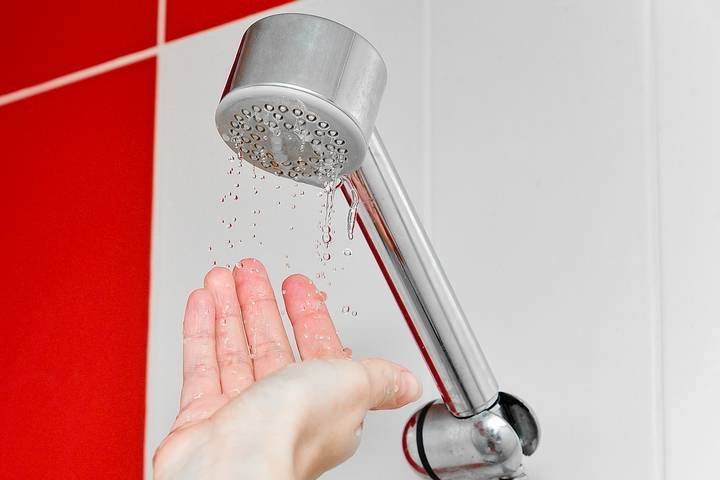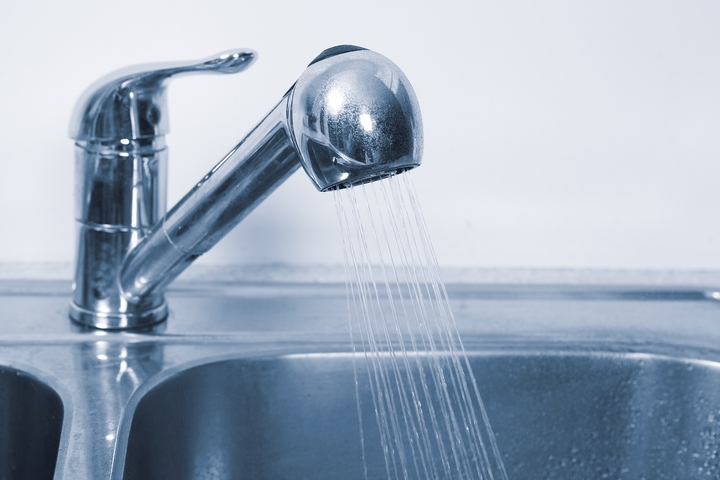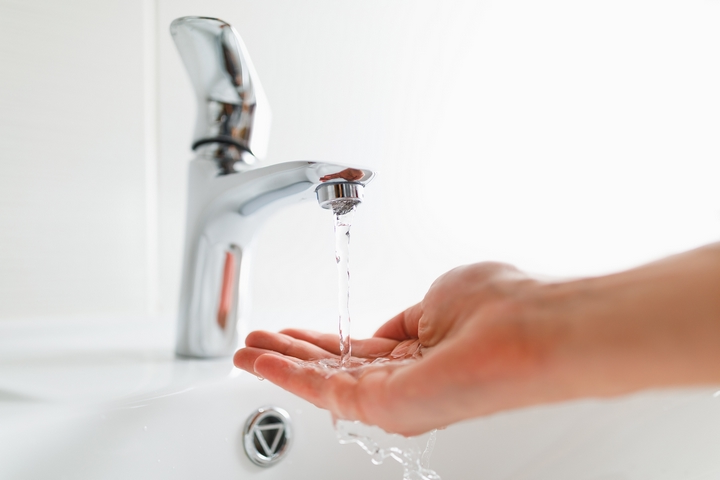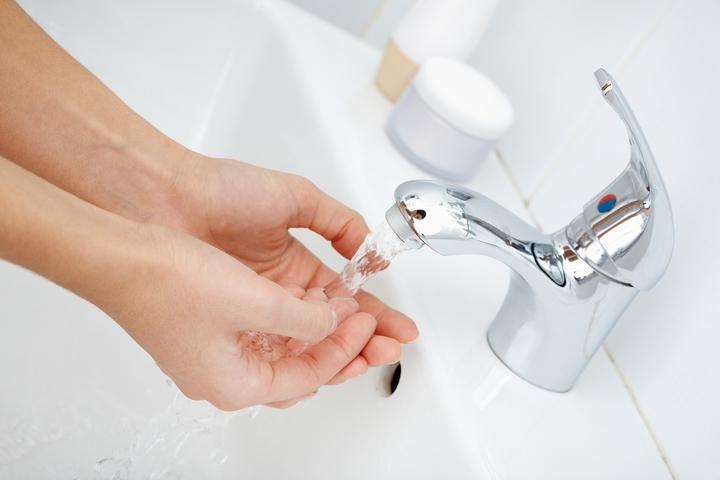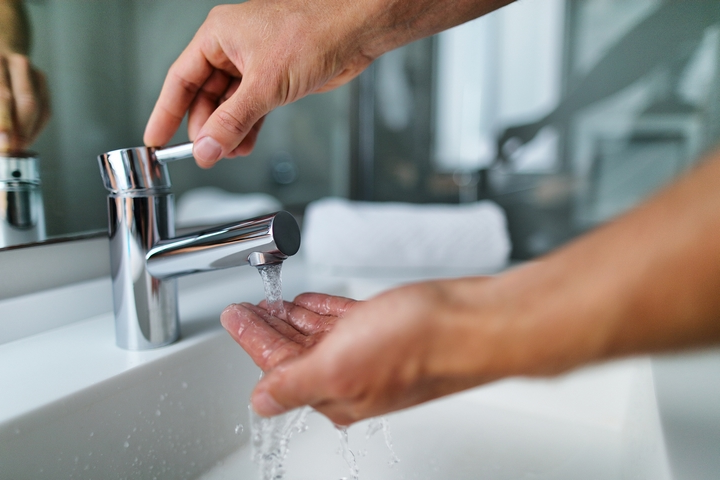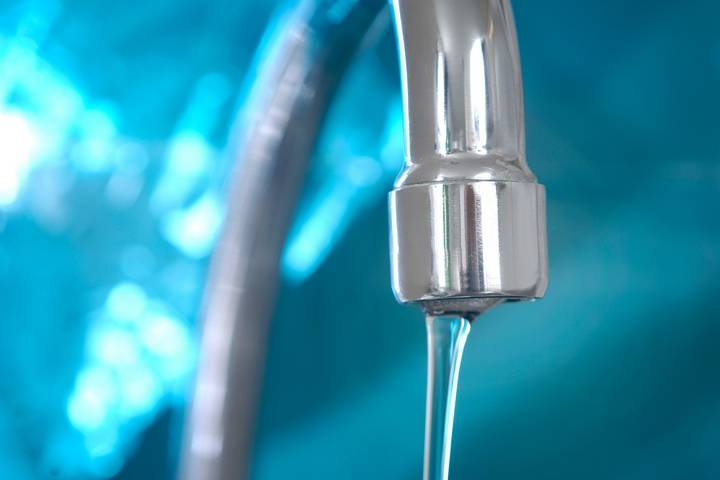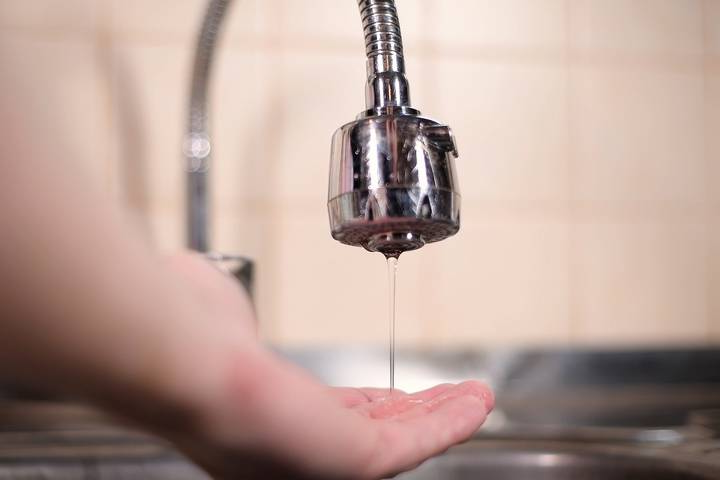What Causes Low Water Pressure in the Whole House?
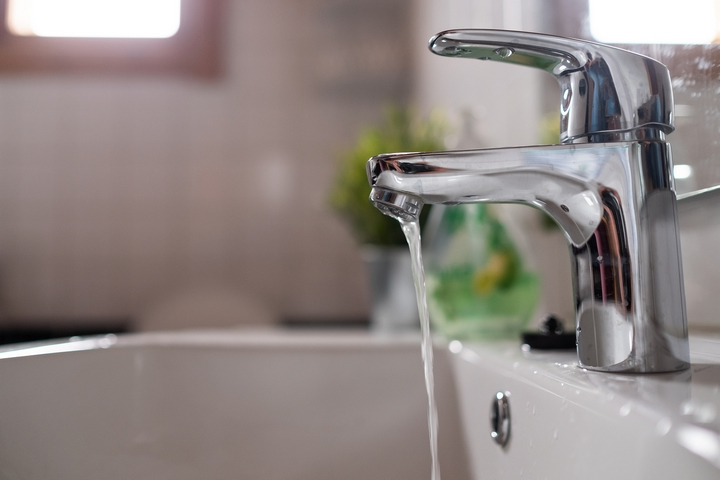
Proper water pressure is essential for many household errands, including laundry, showering or washing dishes. Unfortunately, you may struggle to complete these tasks if your water pressure is low. The water from your fixtures may drip or dribble rather than come out at its usual volume. In the worst cases, you may lose water altogether. You will need to find the cause of low water pressure in the whole house.
Living with low water pressure can certainly be frustrating. You should call a plumber to diagnose the problem and restore the water pressure to an optimal level. Furthermore, you should identify the root cause of the reduced pressure. That way, you can take preventive measures and avoid experiencing this issue in the future.
Here are seven causes of low water pressure in the house.
Cause #1: Water Pressure Regulator
A water pressure regulator is a valve that lowers the incoming water pressure in your home. If the water pressure coming into the house is excessively high, it strains appliances and causes plumbing issues. The regulator prevents this problem. However, it may restrict the water pressure too much sometimes. You should check the settings to ensure this isn’t the case.
A typical water pressure regulator should have settings around 50 psi. If yours is lower than this threshold, you can adjust it. Sometimes, you experience low water pressure even with the correct settings. If so, you may have a broken device. It is common for the valve to accumulate sediments over time, which can cause a blockage. If your pressure regulating valve malfunctions, you will need to have it replaced by a professional.
Cause #2: Corroded Pipes
Pipe corrosion will affect the water pressure in your home, causing it to drop. As corrosion builds up inside the pipe, it narrows the space the water can flow through. Corroded pipes are not something you can see from the outside. To properly diagnose this issue, you must consult a plumbing service.
Do you live in an older house? There is a high chance your pipes are galvanized steel, not copper. Unfortunately, galvanized steel pipes can start to erode after as little as twenty years. Corrosion becomes likelier. On the other hand, copper and brass pipes can remain durable for over fifty years.
Cause #3: Hard Water Build-Up
Like corrosion, hard water leaves behind minerals in pipes, causing a hard white residue. After years of hard water, this build-up will cause the inside of the line to narrow. It restricts the water pressure in your home. Just like corrosion, you should contact a plumber for help. The expert can determine if hard water build-up is the cause of your low water pressure.
Cause #4: Leaky Pipes
If your pipes are leaking somewhere, your water pressure will be affected. Leaky pipes divert the water away from your home’s fixtures. The water pressure drops significantly if the leak is large enough.
To determine if you have leaky pipes, turn off all plumbing fixtures and check your water meter immediately. Inspect again one hour later. If the number on the meter has changed, it indicates a leak somewhere in your household. You should call in a plumber to determine the source of the leak.
Cause #5: Shut-Off Valve
Your home has a main water shut-off valve that controls all the water in the house. Often, you will find it in the basement, crawlspace, or garage. In addition to the main valve, each plumbing fixture will have its shut-off valve. If the water pressure affects your house, check the main valve to ensure it is open. The valve may have closed accidentally, restricting water circulation in your home.
Cause #6: Municipal Water Supply Issue
In the city, your water supply comes from your municipality. Low water pressure issues can sometimes arise from a partially closed or obstructed valve in the street. Or it could be a problem with the valve on your water meter. Only the municipality should operate this valve. If you suspect something is wrong with the municipally owned plumbing, call your local public works department for inquiries.
Low water pressure can sometimes be the result of construction in your neighbourhood. You will usually receive a notice about planned work. However, getting a warning is not always possible in some situations. For example, a water main break or a fire hydrant issue may necessitate emergency repairs. Fortunately, your water level should restore to normal levels once the municipality finishes the construction work.
Cause #7: Low Well Water Pressure
If your water comes from a well, several things might affect the water pressure in your house. It is common for well water to have elevated mineral and iron levels. These hard-water minerals or rust will build up, eventually causing clogs. Likewise, other wells in the area may use the same aquifer that connects to your water supply. The aquifer may have dried up, and you need to move your well or dig it deeper. Call a professional to fix the issue.


